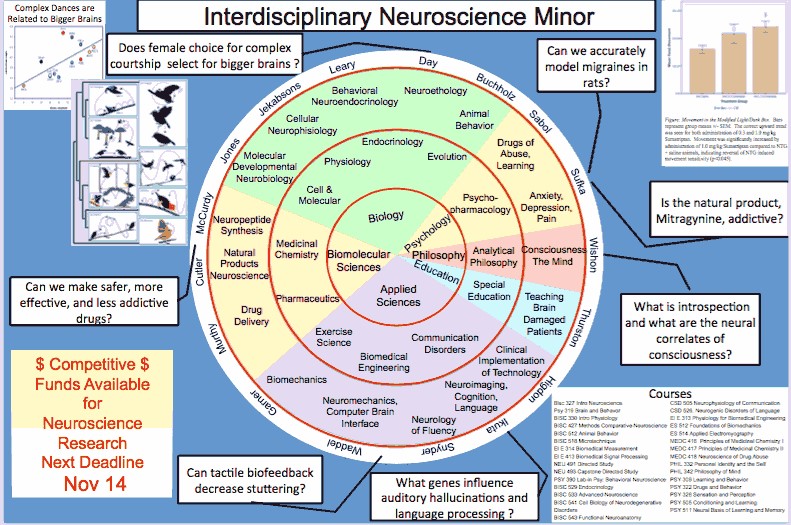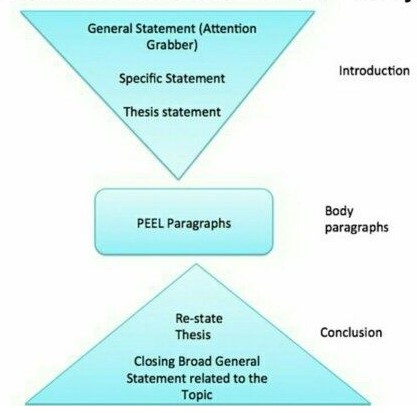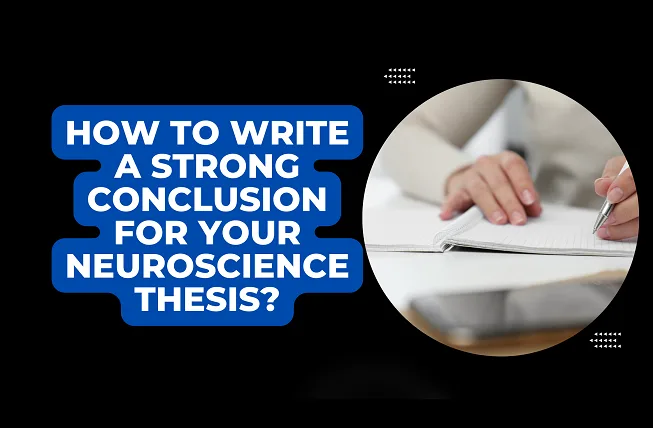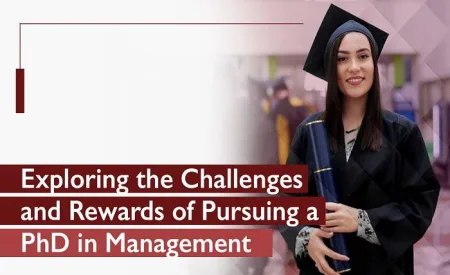Neuroscience is a specific field which deals with the study of brain chemistry and understanding brain functions. According to the Oxford Learner’s Dictionaries,
“The science that deals with the structure and function of the brain and the nervous system.”
Anida Krajina from Masaryk University discussed in detail the parts of the brain, their correlation and an in-depth understanding in her book “Interpretation of Online Consumer Behaviour from the Consumer Neuroscience Perspective – Cross-Generational Study.” as shown in the figure below,

Neuroscientists study neuroscience and research patients’ brains and diagnose many neurological disorders. Their primary purpose is to focus on the study of the human brain’s emotional effect on cognitive and behavioural functions. Further, they also explore what happens with the nervous system when a patient has neurodevelopmental, neurological, psychiatric and other brain disorders.
The scope of this field is broadening over time, and new approaches are being used to study the human nervous system. Students are crazy about this subject because it is an exciting and rapidly growing field. But when they come to their final project, “Neuroscience Thesis”, they faced many challenges and got confused. Here, they required some useful tips and the best thesis help to ease their neuroscience thesis writing process and attain top grades.
Why is Neuroscience Thesis Writing a Challenging Task?
The reason for this challenging task is that Neuroscience is an interdisciplinary field that combines molecular biology, cytology, computer science, biology, psychology, physics, anatomy and physiology.
In a neuroscience thesis, students have to study all the above subjects in detail, conduct research and come up with a unique concept or a research problem to be discussed in their study work. For example, “The University of Mississippi” represented “Students Present Range of Studies at Neuroscience Research Showcase.” published on May 28, 2015, shown below:

The above image represents the variability of neuroscience as it is an interdisciplinary field. Professor Day has supported this research, and he said:
“We want people to understand there’s a connection between all the areas of neuroscience, even if on the surface it doesn’t seem that way.”
Because of its variety and variability, neuroscience thesis writing is an arduous task, especially writing its conclusion chapter. Some of the students cannot tackle all of the writing hazards on their own without any help. As a result, they can avail of external help, but before that, they need to follow the practical guidance that we are discussing in the upcoming lines.
How Do You Write a Strong Conclusion?
The conclusion is the last chapter of your thesis, where you can emphasise your new research and its contribution to the related field. When you write a conclusion, it is not an end, but there should always be a new beginning. Usually, a concussion is inverted to the introduction. Mr. Dwyer, a Brunswick High School English Teacher, showed this and provided a “Funnel Method”’ of introduction and conclusion shown below:

From the above image, it sounds like a trickier task, but here we explain in more detail how you can write a strong neuroscience thesis conclusion. You can create your master’s thesis in neuroscience or neuroscience PhD thesis conclusion impressively by following the below steps:
1. State Your Thesis Statements
A perfect way to begin your conclusion is to restate the thesis statements that you mentioned in your introduction. It does not mean that you have to copy-paste that statement, but you need to write it by putting different words and changing the structure of the wording.
2. Summarise the Key Points
Next, you can summarise all the key terms and essential elements of your thesis. Do not repeat the points you discuss in the above chapters, but try to recap your points of view and key terms in a different way by preserving its central concept.
3. Recap Your Supporting Evidence and Arguments
The next step is to recap the main supporting evidence and arguments that are relevant to your research problem. It will help you in giving a clear answer to your research question with authentic information and shreds of evidence. So, reiterate the argument and evidence you made throughout your neuroscience thesis.
4. Relate Your Conclusion to the Introduction
The introduction and conclusion are almost the same, but the format of the conclusion is opposite to the introduction. The difference is that the introduction raises a research problem or a question, and the thesis conclusion is a concise but clear answer to that question. It will create a strong relationship between your conclusion and introduction.
For that purpose, remind your reader of the introductory statements that you discuss in the introduction. Create an aesthetic conclusion with a specific note and a clear answer to the introductory concept.
5. Provide Useful Outcomes
A strong conclusion always gives its reader a solution to a problem. Summarise briefly the final outcomes of your conducted research and try to give a solution with your research results. Furthermore, you need to provide insights into your whole thesis, your conclusion, and the implications of your research work. Emphasis on the importance of your study, that why give importance to this subject matter.
Neil Bose discussed the conclusion in his book Ideas On How to Write a Conclusion of an Engineering Thesis or Paper” Published in 2014. He stated,
“A conclusion should be a summary. It should be a statement about the main findings, implications and significance of the work.”
6. Encourage your Reader to Think
Your suggestion can force your readers to think about your subject matter. Provide some suggestions about future work. Try to concise this section because it is not on your work. But give neuroscience thesis ideas and recommend what the next steps could be about these neuroscience thesis topics. Guide your reader briefly about the areas to be considered and thought about related to the subject matter.
7. Wind up Your Conclusion with Something Interesting
End your thesis with something memorable that forces readers to act. You can:
- Ask a question
- Encourage reader for future research
- Tell your research limitations
- Give a call to action
- Give some recommendations about hot topics in neuroscience.
In this way, your reader can feel more informed about a neuroscience thesis topic after reading your conclusion and reading to act for further research.
What to Avoid?
Within some topics and steps, you have to consider some points you should avoid while writing your thesis, such as:
- A detailed explanation of your whole paper
- Do not add anything new in your conclusion that you did not discuss in your thesis.
- Apology for what you have not explained and described in your neuroscience research paper.
- Avoid incorporating fake transitions, such as in the conclusion my research work is correct.
Conclusion
Conclusion writing is the hardest part of neuroscience thesis writing. It is a challenging task because students have to represent their best possible impression of the research work, round off the thesis efficiently, recap all the key points, and provide a solution to the research problem. It seems ridiculous for students to cover all these points effectively without any help.
To help students effectively articulate their last chapter, we have compiled the top 7 steps and useful strategies to follow. But in case you are still unable to formulate your thesis conclusion, you need to get the best thesis help from a renowned academic writing service like The Academic Papers UK to secure your success.



